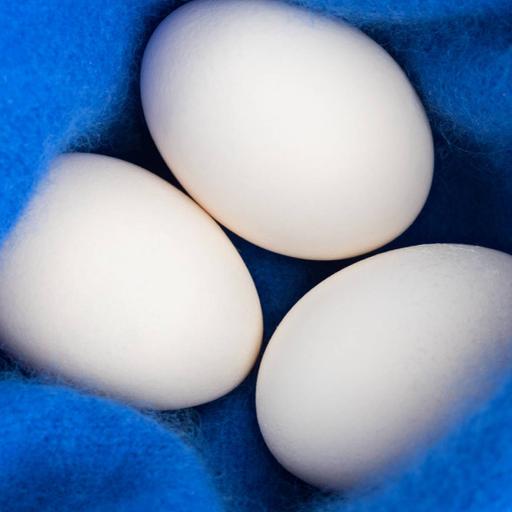Egg Structure, Composition and Quality Characteristics
Presentations | English
Eggs are one of the most nutritious and versatile foods in the kitchen are served on their own, used as an ingredient in many dishes starting from soup to desserts. It provides texture, structure, flavor and moisture as well as nutrition. Eggs can be brown or white; color has no effect on quality or flavor but depends on the breed of the hen. The egg is composed of Shell, Membrane, Air cell, Egg White, Egg Yolk and Chalaza. The egg white forms 2/3rd of the whole egg and the yolk forms 1/3rd. The nutritional value of eggs varies with their size; it is not an important factor in judging their quality. Larger the eggs, of course, have more food value than small ones. A single large egg provides 6.5grm of protein or about 13% of the recommended daily intake for adults, as well as 80 calories and a good amount of iron, phosphorus, thiamine and vitamins like A, D, E and K. The disadvantage of the egg as a staple diet is their high cholesterol content. Please see the presentation for details.

29.00
Lumens
PPTX (58 Slides)
Egg Structure, Composition and Quality Characteristics
Presentations | English
